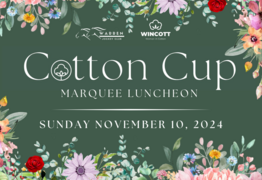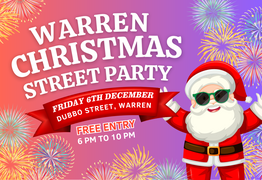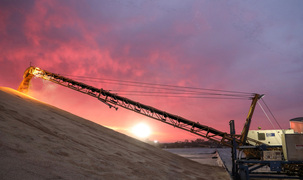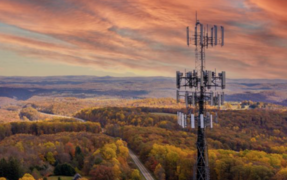From trauma to healing, a look back at 100 years of Kinchela
Lily Plass
25 October 2024, 8:21 PM
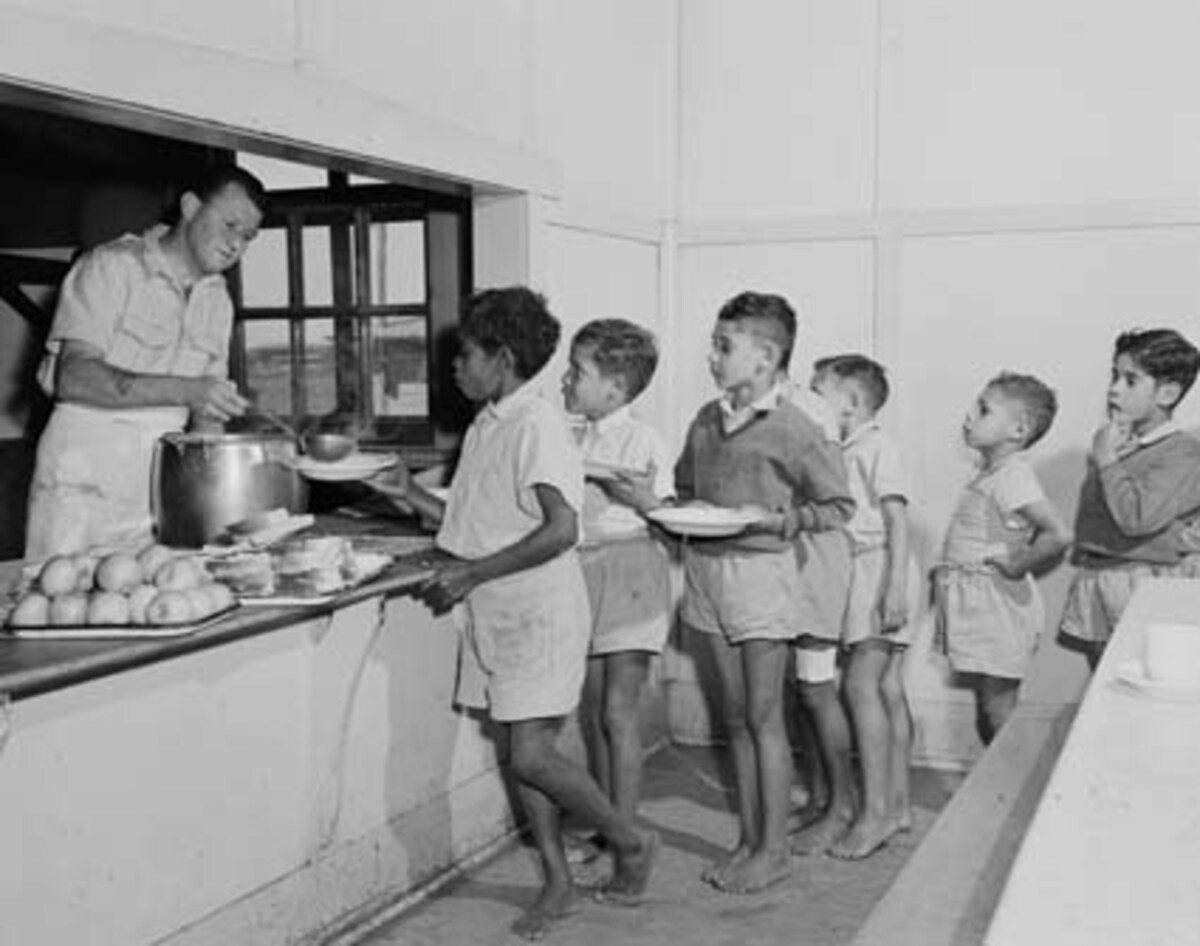 Historical Photos of the KBH home. Photo: supplied
Historical Photos of the KBH home. Photo: suppliedOn 19 October, the 100th anniversary of the Kinchela Boys' Home (KBH) came and went but for the survivors, the memories are here to stay.
Last week, at least one former 'Kinchela boy' had the chance to share a moment with the King and Queen.
Between 1924 and 1970, up to 600 young Aboriginal boys and a small number of girls were ripped from their families and kept at KBH.
Michael 'Widdy' Welsh from Coonamble is one of 49 survivors alive today who was torn from his family and brought to the KBH. His mission today is to share the story of what happened, which led to intergenerational trauma being shared with their descendants, with as many people as possible.
Widdy and his six siblings were taken from his mother in Coonamble at the age of eight and sent to the KBH where he stayed for the next eight years.
"When we went through the gate, we were given a number and no longer allowed to use our names.
"They broke our family structure."
The 100th anniversary of the KHS is a bittersweet memory for Widdy.
"I feel a lot of happiness to meet all my cousins and brothers, and sisters for the first time in 20 odd years."
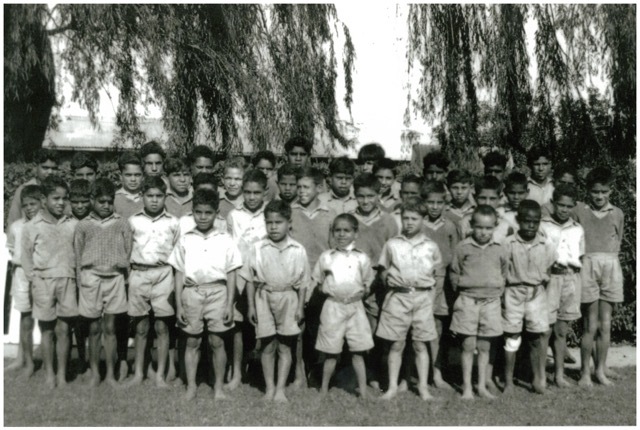
Historical images of the KBH fail to show what went on behind closed doors. Photo: supplied
Now Widdy is part of a push to educate people about the Stolen Generation by turning the site that caused the men decades of trauma into a living museum and healing centre.
"The trauma is a growing disease in every sense.
"I'm 72 years of age, but for so many years I was in a world of trauma and abused myself with alcohol."
Telling other people his story is key for Widdy to overcome the memories that haunted him.
At the museum healing centre, visitors will be able to learn about the stories of the survivors while seeing the remaining parts of the original buildings.
Turning the KBH into a museum and healing centre was not always what Widdy had in mind.
"Once I walk near the place, I can feel the painful memories of the manager and all the things they did to us there," Widdy said.
"If you asked me in the early days. I would say blow the place up. Burn it."
As the years went by, Widdy came to a realisation.
"The only way to break that cycle is to talk about it, tell the truth about it because I know from myself that if we don't talk about that pain kills you from the inside out."
"It's not only just us, it's our children.
"When they see the stories of the other brothers and my stories, they understand a bit more about me and themselves."
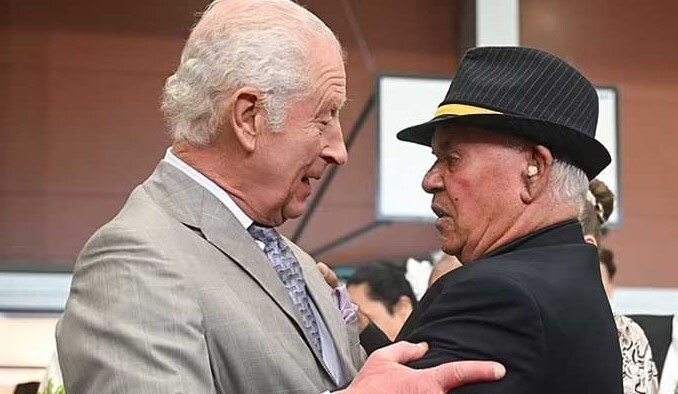
Widdy Welsh has a moment with the King during his visit to Sydney. IMAGE: The News International online edition
During King Charles' visit to Redfern on Tuesday 22 October, Widdy seized the opportunity to hand the King a letter from the Kinchela Boys Home Aboriginal Corporation.
He says the topic of that letter is confidential until the organisation hears back from the King.
"I was really stunned and amazed by the eye contact he made with what I showed him.
Widdy made headlines, appearing in major metro papers and in television news bulletins when King Charles broke protocol and hugged him.
"He put his hand out to give me a handshake. I said, 'I'm not a handshaker, I'm a cuddler.'
When asked how it felt to hug the King, Uncle Widdy said, "The truth of the matter is I felt very comfortable."
